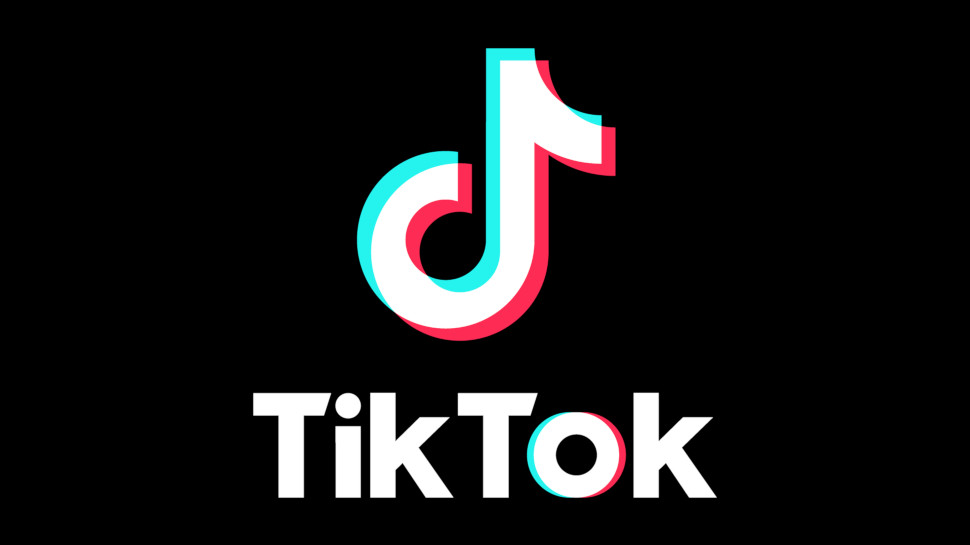The European Union’s (EU) executive arm, the European Commission (EC), has ordered its staff to remove stratospherically popular social media platform TikTok from official smartphones and devices, citing security concerns.
Per BBC News (opens in new tab), the diktat, which has been given a deadline of March 15, 2023, comes as TikTok continues to face western pressure due to allegations of its owners, Chinese company ByteDance, sending international user data to the state government, which it can be forced to do per local laws.
Despite ByteDance’s continued assertions that it isn’t treating data in this way, which would amount to TikTok essentially being a mass-surveillance tool, this ought to raise fears around identity theft, and the general sanctity of an individual’s privacy online.
TikTok, the EU, and you
Sonya Gospodinova, an EU spokesperson, said the decision had been taken by the EC’s corporate management board.
“[It] aims to protect the Commission against cybersecurity threats and actions which may be exploited for cyberattacks against the corporate environment of the commission.”
Workers who don’t comply with the new rule are warned that they will be locked out of official EC applications, including the EC’s email client, and the video conferencing software Skype for Business. Given that the EC employs around 32,000 people, that could be disruptive.
Despite its admission last year that TikTok can access European user data, ByteDance strenuously denies the need for the bans that world governments, including the US and Netherlands have enacted, or have publicly considered enacting, in recent years.
As the BBC notes, TikTok’s chief executive Shou Zi Chew claimed in January that the social media platform was working on a “robust” system to safely and securely process European user data, following censure from EU officials.
A US-wide ban of the service was mulled over in 2020, though this appears to have been nixed. A ban across India came into force that same year.





